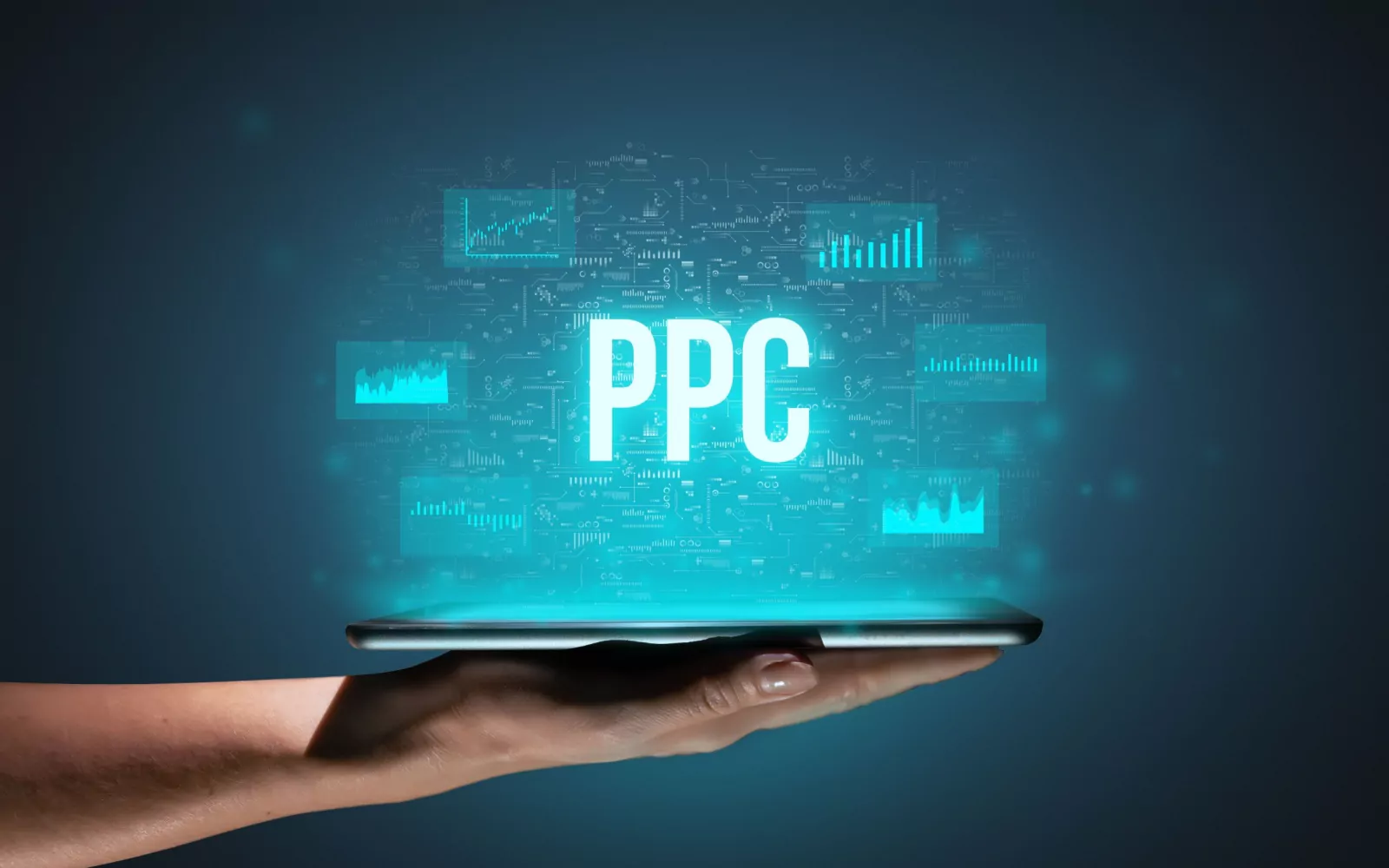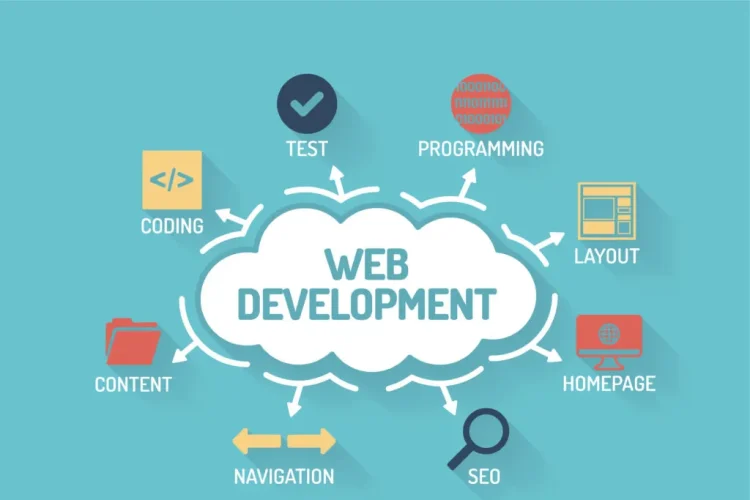
With today’s swift online world, companies cannot count on organic growth. There is tough competition, and gaining exposure at the right time needs finesse. That is where PPC management fits in. PPC, or pay-per-click advertising, is among the most efficient means to target prospective customers at once. Nevertheless, PPC success doesn’t depend merely on exhibiting advertisements—it depends on managing them the correct way to achieve maximum outcomes while limiting frivolous spend.
This article examines what PPC management is, why it matters, and how companies can leverage it to achieve quantifiable growth.
What Is PPC Management?
PPC management is the process of managing and optimizing a business’s pay-per-click advertising campaigns. The campaigns most often operate via channels such as Google Ads, Bing Ads, or social media ad spaces such as Facebook, Instagram, or LinkedIn.
Successful PPC management entails activities such as:
Researching and choosing the appropriate keywords
Creating and organizing ad campaigns
Creating effective ad copy
Tracking campaign performance
Bidding and budget adjustments
Analyzing ROI and making data-driven optimisations
Without the right management, PPC campaigns can quickly turn costly and worthless. But with a proper strategy in place, companies can squeeze the maximum out of each dollar spent.
Why PPC Management Matters
Each click for a PPC campaign is paid for. If you’re bidding for the wrong keywords or not maximizing your ads, you’re losing money. Great PPC management means your campaigns:
Show to the right audience – Your ads are visible only for individuals who are actually looking for your product or service.
Get better ROI – Optimizing bids and keywords makes sure that your dollars are spent optimally.
Save wasted spend – Negative keywords, accurate targeting, and budget management eliminate irrelevant clicks.
Enhance ad quality scores – Improved relevance increases cost per click and ranking.
Deliver measurable results – Each dollar spent is accounted for, giving clear visibility into what’s performing.
In other words, PPC management closes the gap between wasting money on ads and operating a profitable, growth-oriented campaign.
Essential Components of Successful PPC Management
To achieve the best outcome, companies need to concentrate on a number of PPC campaign management aspects.
Keyword Research and Selection
Keywords are the foundation of PPC. Effective PPC management begins with thorough keyword research, which involves determining the terms that your audience is indeed searching for. Long-tail keywords tend to generate superior ROI since they target high-intent users.
Campaign Structuring
Structuring campaigns into ad groups with similar keywords and ads ensures relevance. For instance, a shoe shop can stratify campaigns for “running shoes,” “formal shoes,” and “children’s shoes.” This setup enhances quality scores and reduces costs.
Engaging Ad Copy
Effective ad copy captures attention, emphasizes benefits, and triggers clicks. PPC management teams regularly test headlines, calls to action, and descriptions in order to determine the best performer.
Landing Page Optimization
Half the battle is getting the click. The experience of the landing page converts the visitors. A well-optimized landing page with clear CTAs, quick loading, and mobile friendliness guarantees higher conversions.
Bid and Budget Adjustments
Successful PPC management involves constantly making changes to bids to maximize return. Disappointing keywords need to be cut back, whereas high-performing ones must be given a higher budget.
Performance Monitoring
PPC is a data-led approach. Constant tracking enables the determination of which campaigns, ads, and keywords generate the highest ROI. CTR, CPC, conversion rate, and ROAS are among the metrics that inform decisions.
Advantages of Professional PPC
Several companies attempt to handle PPC campaigns independently, but soon learn how intricate it is. Hiring experts or using sophisticated PPC tools offers several advantages:
Expertise – Experts know ad platforms in depth.
Time savings – Owners can concentrate on operations while professionals take care of the ads.
Improved results – Sophisticated techniques, such as A/B testing and audience segmentation, provide maximum returns.
Scalability – Professional PPC management can scale campaigns effortlessly as businesses scale.
Common PPC Campaign Blunders
Lack of management leads most businesses to commit errors like:
Targeting expensive broad keywords
Not using negative keywords
Neglecting ad extensions (sitelinks, callouts, structured snippets)
Not optimizing landing pages
Setting campaigns and forgetting them
Avoiding such mistakes is a key reason why PPC management is important for long-term success.
PPC Management Tools
A few tools ease campaign management and enhance efficiency. Tools such as Google Ads Editor, SEMrush, SpyFu, and WordStream enable businesses to monitor performance, analyze competition, and optimize campaigns with ease.
These tools, when used in collaboration with human intelligence, enhance the power of PPC management and precision.
Conclusion
In the online world, visibility equals opportunity, and opportunity equals growth. PPC ads create instant visibility, but only if campaigns are being managed correctly. That’s why PPC management is more than a marketing chore—it’s an investment in business growth.
From keyword selection to bid adjustments, ad copywriting to landing page optimization, every step of PPC requires careful oversight. Businesses that take management seriously reduce wasted spend, improve ROI, and create sustainable growth.
If you’re running ads without a clear strategy, now is the time to rethink your approach. Strong PPC management is the difference between burning money on clicks and building a profitable, scalable advertising machine.




